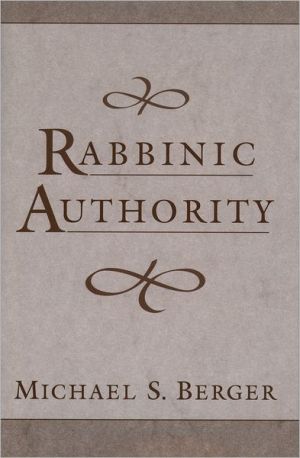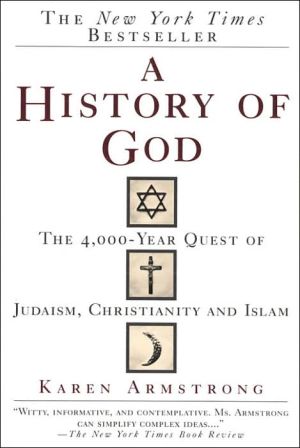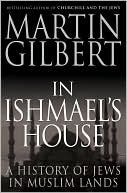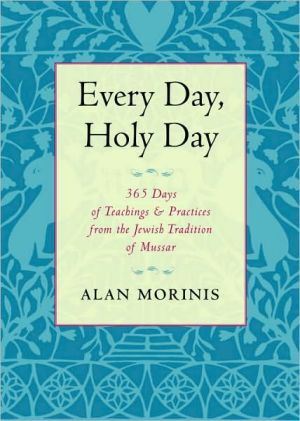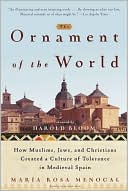Rabbinic Authority
The Rabbis of the first five centuries of the Common Era loom large in the Jewish tradition. Until the modern period, Jews viewed the Rabbinic traditions as the authoritative contents of their covenant with God, and scholars debated the meanings of these ancient Sages words. Even after the eighteenth century, when varied denominations emerged within Judaism, each with its own approach to the tradition, the literary legacy of the talmudic Sages continued to be consulted.\ In this book, Michael...
Search in google:
The Rabbis of the first five centuries of the Common Era loom large in the Jewish tradition. Until the modern period, Jews viewed the Rabbinic traditions as the authoritative contents of their covenant with God, and scholars debated the meanings of these ancient Sages words. Even after the eighteenth century, when varied denominations emerged within Judaism, each with its own approach to the tradition, the literary legacy of the talmudic Sages continued to be consulted.In this book, Michael S. Berger analyzes the notion of Rabbinic authority from a philosophical standpoint. He sets out a typology of theories that can be used to understand the authority of these Sages, showing the coherence of each, its strengths and weaknesses, and what aspects of the Rabbinic enterprise it covers. His careful and thorough analysis reveals that owing to the multifaceted character of the Rabbinic enterprise, no single theory is adequate to fully ground Rabbinic authority as traditionally understood. The final section of the book argues that the notion of Rabbinic authority may indeed have been transformed over time, even as it retained the original name. Drawing on the debates about legal hermeneutics between Ronald Dworkin and Stanley Fish, Berger introduces the idea that Rabbinic authority is not a strict consequence of a preexisting theory, but rather is embedded in a form of life that includes text, interpretation, and practices. Rabbinic authority is shown to be a nuanced concept unique to Judaism, in that it is taken to justify those sorts of activities which in turn actually deepen the authority itself.Students of Judaism and philosophers of religion in general will be intrigued by this philosophical examination of a central issue of Judaism, conducted with unprecedented rigor and refreshing creative insight.
Introduction31The Domains of Divine Revelation and Rabbinic Activity and Their Relationship16Pt. IInstitutional Authority of the Talmudic Sages272"The Judge in Charge at the Time": Rabbinic Authority as Divine Command313The Sages as the Sanhedrin404Ordination: Standing in the Sandals of Moses52Pt. IIPersonal Qualities of the Talmudic Sages695The Rabbis as Experts736The Divinely Guided Sages83Pt. IIIRabbinic Authority as Authority Transformed977The Authority of Publicly Accepted Practice1018The Authority of Texts1149Rethinking Authority: Interpretive Communities and Forms of Life132Conclusion153Notes157Bibliography205Index215
